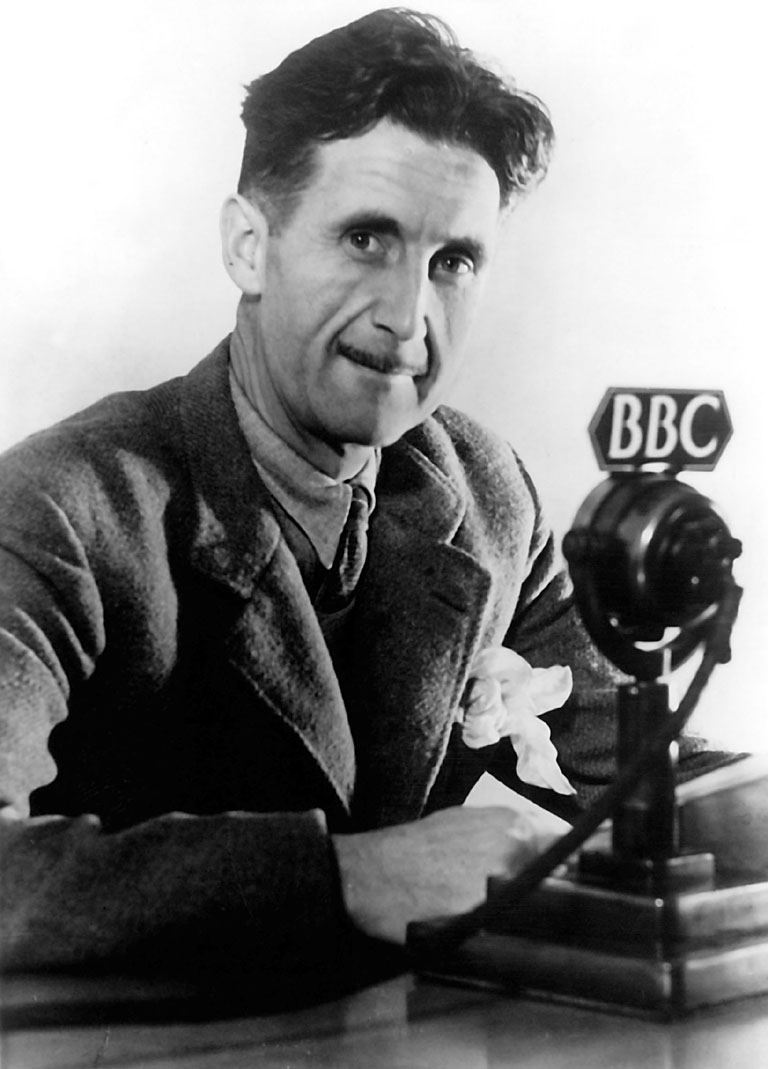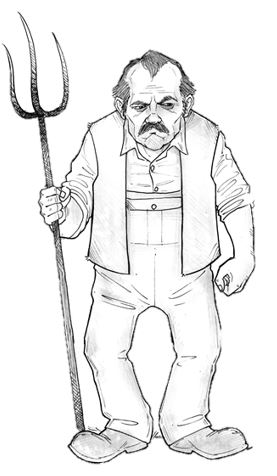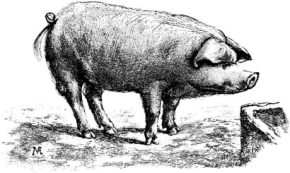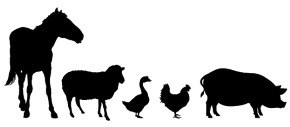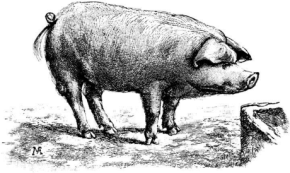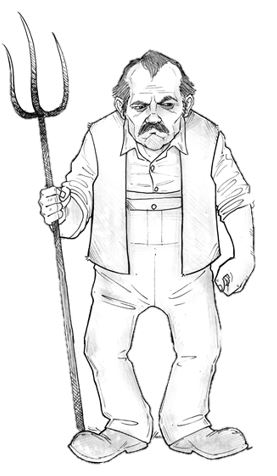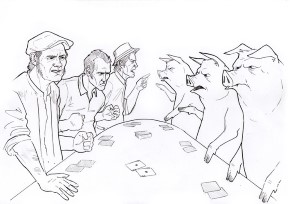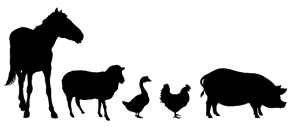Orwell, George (Eric Arthur Blair)
Eric Arthur Blair was born on 25th June 1903, in British-occupied Indian territory. Within the space of a year, his mother, Ida Blair, moved him and his sister Marjorie to England, in the hope of securing the best possible education for her children. In 1917, he was entered into the prestigious Eton College in Windsor, securing a place via the King’s Scholarship.
At school, he was a mediocre student with an average academic record. In later years he would write about his disillusionment with the public schooling system in England, where he felt that he was looked down upon by his more privileged schoolmates and teachers. In the essay 'Such, Such Were the Joys' (1952), Orwell notes in particular the savage punishments handed out by schoolmasters, and the cruel and immoral games played by the majority of the boys. After an unhappy time at Eton, he left without a diploma.
The Blair family encouraged their son to apply for the Indian Imperial Police, due to his boyhood fascination with the East and his limited prospects after leaving school. After taking further studies in Classics, History and English at a cramming school in Surrey, he was able to pass the entrance examination and start work for the Imperial Police in 1922. Once again, he was unhappy with his life in Burma, which would come to influence his writing of Burmese Days (1934). Eric left the police in 1927 after a period of illness.
Upon his return home, Blair became determined to pursue a writing career, and spent a lot of time working and living among the lower classes for creative inspiration. In 1933, he officially adopted the authorial name George Orwell. Three years later, he married a young student named Eileen Maud O’Shaughnessy, and relocated to Hertfordshire.
Throughout 1937, Orwell fought on the side of the left-wing government in the Spanish Civil War, having to return home after he took a bullet to the throat. The conflict had a major impact on his writing throughout the 1940s, and, in particular, his hatred of totalitarianism. During this period he worked for socialist publication The Tribune, having left a job with the BBC’s wartime propaganda department. It was in 1949 that he published Animal Farm, a text that serves as an allegory against Stalinism. Like much of his work during these years, Animal Farm blended the opinions he had formed during the Spanish Civil War with artistic merit.
Orwell published Nineteen Eighty-Four the year before his death, during a three-year period in which he suffered badly from tuberculosis. Like Animal Farm, this novel went on to great critical and popular success. It is one of the most famous dystopian texts of all time, and serves as a warning against totalitarianism. The writer was largely unable to witness the success of his novel, passing away on 21st January 1950 in London.
